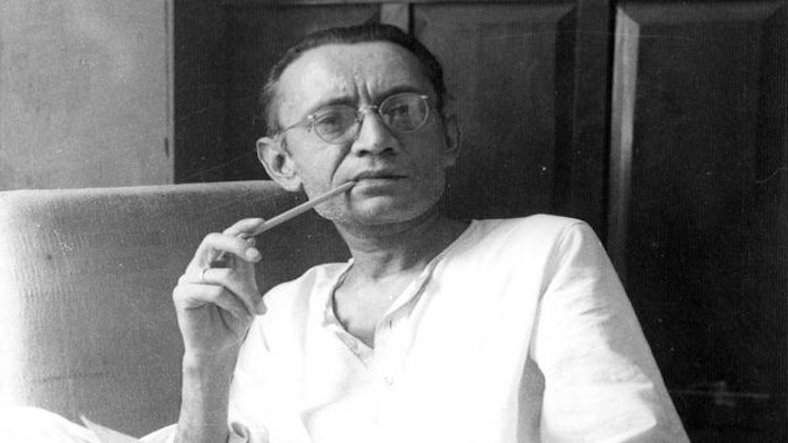Saadat Hasan Manto (1912-1955) was a renowned Pakistani writer and playwright, considered one of the most influential figures in South Asian literature. He was born on May 11, 1912, in Samrala, Punjab (now in present-day Pakistan). Manto is known for his bold and provocative writings that exposed the harsh realities of society, particularly during the partition of India in 1947.
Here are some key aspects of Saadat Hasan Manto's life and contributions:
- Literary Style and Themes: Manto's writing style was characterized by realism, satire and an unflinching portrayal of the dark and often taboo aspects of human nature. His stories and essays delved into themes such as the horrors of partition, the socio-political turmoil of his time, the struggles of women, the impact of violence on society and the complexities of human relationships. Manto's writing was marked by its rawness, honesty and exploration of the human psyche.
- Partition Literature: Manto's writings on the partition of India and the ensuing violence are among his most significant works. He vividly depicted the horrors and tragedies experienced by people during that period, exposing the brutality, communal tensions and psychological scars left by the partition. Manto's stories such as "Toba Tek Singh" and "Khol Do" have become iconic pieces of partition literature, capturing the human suffering and moral dilemmas faced during those turbulent times.
- Social Criticism: Manto used his writing to critique societal norms, hypocrisy and moral ambiguity. His stories often challenged social taboos and shed light on the hypocrisy prevalent in society. Manto fearlessly exposed the dark underbelly of society, addressing issues such as prostitution, sexual exploitation and the marginalization of women. His works confronted readers with uncomfortable truths, forcing them to confront the realities often ignored or suppressed.
- Legal Battles and Censorship: Manto's writings, particularly his explicit portrayal of sexuality and social taboos, often landed him in legal trouble. He faced multiple charges of obscenity and had to defend his stories in court. Despite facing censorship and legal challenges, Manto remained committed to his artistic vision and the truth he sought to convey through his writing.
- Legacy and Influence: Saadat Hasan Manto's literary contributions have left a lasting impact on Urdu literature and beyond. His writings continue to be celebrated for their rawness, realism and their ability to confront uncomfortable truths. Manto's works have inspired numerous writers, filmmakers and artists, who recognize his uncompromising approach to storytelling and his contribution to the evolution of South Asian literature.
- Posthumous Recognition: In recent years, Manto's literary genius has received increasing recognition globally. Several adaptations of his stories have been made into films and television series, bringing his work to a wider audience. Manto's writings have been translated into various languages, further expanding his reach and influence.
Saadat Hasan Manto's bold and provocative writings continue to challenge societal norms and confront readers with uncomfortable truths. His contributions to literature and his unflinching portrayal of the human condition, particularly during the partition of India, have secured him a prominent place in South Asian literary history. Manto's legacy lies in his fearless pursuit of truth and his ability to capture the complexities and contradictions of human existence through his powerful storytelling.
Thanks for reading the about this great personality on our peoples blog, for more such great people read our peoples blog articles.










